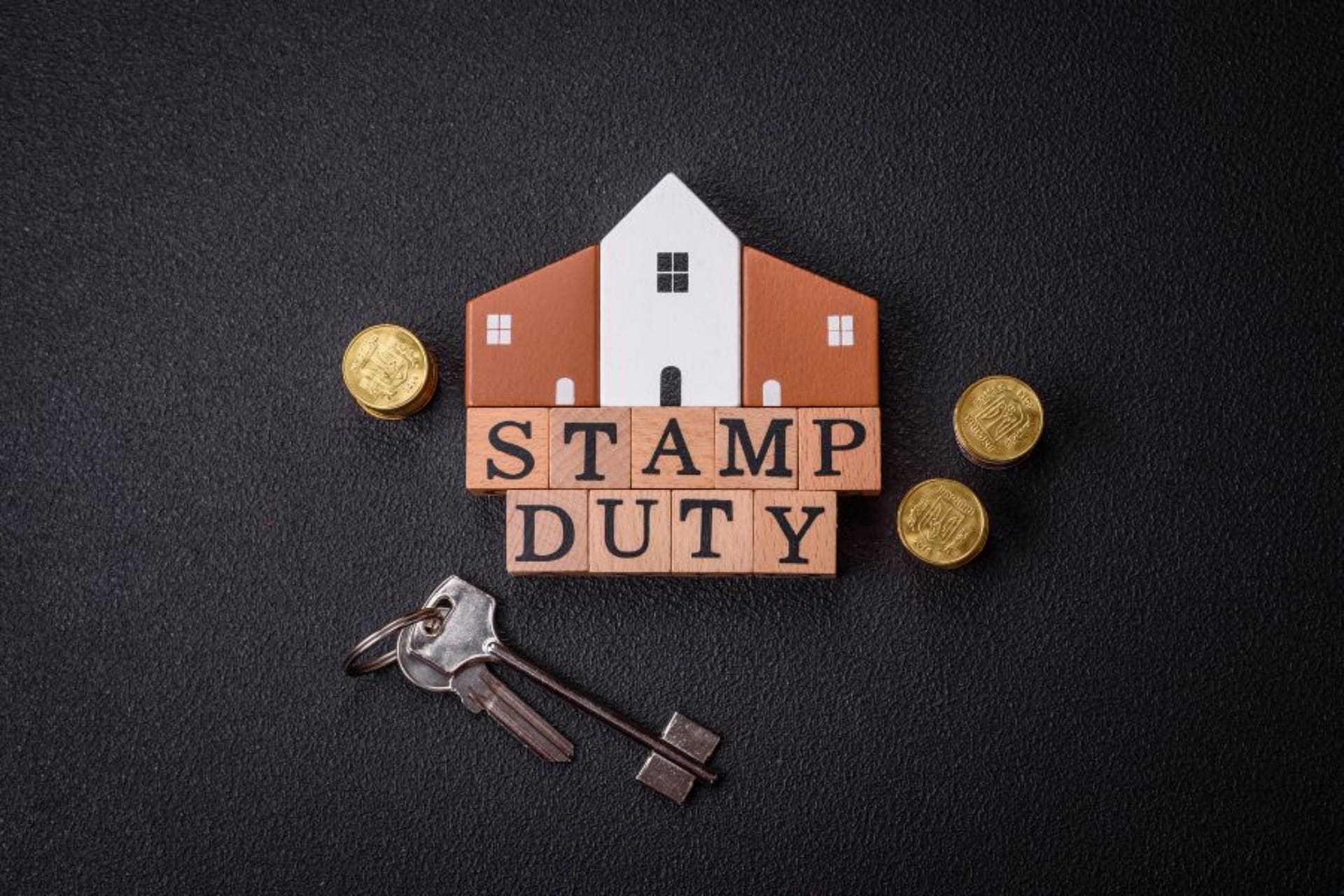Buying property with your superannuation in Australia is an option through a Self-Managed Super Fund (SMSF).
An SMSF is a private superannuation fund that you manage yourself, offering more control over your superannuation investments, including the ability to purchase property.
Here’s a step-by-step guide on how to buy property with your super in Australia:
Table of Contents
ToggleStep #1: Establish an SMSF
To buy property through your super, you first need to set up an SMSF. This involves creating a trust structure and electing trustees, which can be either individual members of the fund or a corporate trustee. You’ll need to comply with the Australian Taxation Office (ATO) regulations and requirements.
Step #2: Create a Trust Deed
A trust deed is a legal document that outlines the rules for establishing and operating your SMSF. It includes the fund’s objectives, member eligibility, investment strategies, and compliance guidelines.
Step #3: Register the Fund
After setting up the SMSF and trust deed, register your fund with the ATO to obtain a Tax File Number (TFN) and an Australian Business Number (ABN). You must also elect to become a regulated fund to access super tax concessions.
Step #4: Open a Bank Account
Open a bank account in the name of the SMSF for managing the fund’s operations, including receiving contributions and making investments.
Step #5: Transfer Super Balances
Transfer your existing superannuation balances into your new SMSF account. This may involve rolling over funds from other super accounts into your SMSF.
Step #6: Develop an Investment Strategy
Before purchasing property, your SMSF must have a documented investment strategy that considers the fund members’ retirement goals, risk tolerance, and diversification. The strategy must also comply with the sole purpose test, ensuring the fund is maintained for the sole purpose of providing retirement benefits to its members.
Step #7: Ensure Compliance with SIS Act
The property purchase must comply with the Superannuation Industry (Supervision) Act 1993 (SIS Act), which includes restrictions on acquiring assets from related parties and investing in assets that the members or their relatives use.
Step #8: Financing the Property
If your SMSF doesn’t have enough funds to buy the property outright, it may borrow money through a bank.
Step #9: Purchase the Property
The property must be purchased at market value and fit within the fund’s investment strategy. Ensure all transactions are correctly documented and the property is registered in the SMSF’s name.
Step #10: Manage the Property
After purchasing, the property must be managed according to the fund’s investment strategy and comply with SMSF regulations. This includes maintaining proper records, managing rental income, and paying related expenses from the SMSF account.
Step #11: Regular Reviews and Compliance
Review your SMSF’s investment strategy regularly to ensure ongoing compliance with superannuation laws, including annual audits and regulatory filings with the ATO.
Important Considerations
- Professional Advice: Given the complexity and legal requirements, it’s strongly recommended to seek advice from financial advisors, accountants, and legal professionals specializing in SMSFs and property investments.
- Costs and Fees: Be aware of the setup costs, ongoing management fees, and potential property maintenance expenses.
- Diversification: Consider the importance of diversification in your investment strategy to mitigate risks.
- Liquidity: Real estate is a less liquid asset, which may impact the fund’s ability to pay pensions or benefits when required.
Buying property with your super can be beneficial if done correctly and in line with regulatory requirements. It’s important to carefully consider your investment goals and seek professional advice to ensure the best outcomes for your retirement savings.
What Are the Benefits of Buying Property With Your Super?
Buying property with your superannuation (often through a Self-Managed Super Fund, or SMSF) can offer several potential benefits, but it’s also important to consider the complexities and risks associated with this investment strategy. Here are some of the key benefits:
- Tax Efficiency: One of the primary advantages is the favorable tax treatment within a superannuation fund. Rental income generated by the property in a super fund is taxed at a concessional rate (typically 15%), which is lower than most personal income tax rates. Additionally, capital gains tax (CGT) on the property is also concessional if the property is held for more than one year (10%) and can be potentially tax-free if the property is sold when the fund is in pension phase.
- Asset Diversification: Investing in property within your super can help diversify your retirement savings. Diversification is a key principle of investment that can reduce risk, and real estate can provide a tangible asset class that behaves differently from equities and fixed income.
- Potential for Capital Growth and Steady Income: Real estate investments can offer the dual benefits of capital appreciation over the long term and regular rental income, which can be particularly appealing for retirement planning.
- Asset Protection: Assets within superannuation are generally better protected from creditors in the event of bankruptcy or legal actions, compared to assets held outside super.
- Estate Planning Benefits: Holding property within a super fund can offer more straightforward estate planning solutions, as the fund’s trust deed can specify how assets, including property, are to be dealt with upon a member’s death.
Also read: Step-by-Step Process for Buying a House in Installments
What Types of Property Can You Buy With Your Super?
When buying property with your superannuation, specifically through a Self-Managed Super Fund (SMSF), there are specific types of properties you can invest in, but there are also strict rules governing these investments. Here are the main types of properties you can buy with your super:
- Commercial Property: This includes office buildings, retail shops, industrial properties, and warehouses. An SMSF can purchase a commercial property outright or in partnership with others. A unique advantage here is that an SMSF can buy a commercial property and lease it back to a member or a related party of the SMSF, provided the lease is at market rate and follows all other compliance rules.
- Residential Property: SMSFs can also invest in residential real estate, such as houses, apartments, and units. However, there are stricter rules compared to commercial property. The residential property cannot be acquired from a related party of the SMSF, nor can it be leased to or used by a fund member or any related parties, ensuring the investment is for genuine retirement purposes and not immediate personal benefit.
- Vacant Land: Although technically possible, buying vacant land to build a property can be complex due to the borrowing restrictions placed on SMSFs. The fund cannot borrow to improve the property, only to maintain it, which means the SMSF needs sufficient cash reserves to fund any construction outright.
- Agricultural Property: SMSFs can invest in farmland, providing rental income and potential capital growth. Like commercial properties, agricultural properties can be leased to related parties if the lease arrangements are at arm’s length.
- Listed and Unlisted Property Trusts: While not directly owning property, SMSFs can invest in property indirectly through property trusts. These trusts can be listed on a stock exchange or unlisted. This method provides exposure to real estate markets without the need for direct management of a property.
Also read: 6 Types of Property Buyers: Which One Are You?
What Are the Risks of Buying Property With Your Super?
Buying property with your superannuation, particularly through a Self-Managed Super Fund (SMSF), can be a viable strategy for growing your retirement savings.
However, this approach carries specific risks that must be carefully considered and managed. Here are some of the main risks associated with buying property through your super:
- Liquidity Risk: Real estate is inherently less liquid than other investment types, such as shares or bonds. This can be problematic for SMSFs, especially as members approach retirement and require access to their funds. If the SMSF needs to quickly access cash, selling property can be time-consuming and may not occur at the most opportune market conditions.
- Market Risk: Property markets can fluctuate widely due to economic, political, and local factors. If the property’s value decreases, it can negatively impact the fund’s overall performance. Moreover, rental income can be uncertain due to factors like vacancies, tenant issues, or downturns in the local rental market.
- Concentration Risk: Investing a large portion of the SMSF’s assets in a single property or in the property market can lead to a lack of diversification. This concentration risk can make the fund’s performance overly dependent on the real estate market, potentially leading to significant losses if the market declines.
- Compliance and Regulatory Risk: Managing an SMSF and its investments, including property, involves adhering to complex legal and regulatory requirements. Failure to comply with these rules can result in significant penalties, tax consequences, and even disqualification of the fund.
- Management and Maintenance Costs: Property ownership involves ongoing costs, including maintenance, insurance, property management fees, and taxes. These expenses can erode the investment’s returns and require careful budgeting and management by the SMSF trustees.
- Interest Rate Risk: For SMSFs that have borrowed to purchase property, there is a risk that interest rates will rise, increasing the cost of loan repayments. This can reduce the property’s net income and potentially strain the SMSF financially.
- Lack of Professional Advice: Managing an SMSF and making investment decisions, including purchasing property, requires a high level of financial and legal knowledge. Trustees may make costly mistakes without proper advice from professionals specialising in SMSF, property investment, and taxation.
Invest in Your Future: Leverage Your Super for Property Ownership
Are you ready to transition from renting to owning? Your superannuation fund may be the solution you need to enter the property market.
CJC Law’s team of experts will guide you through the process of utilising your super for property investment. We offer tailored strategies to optimise your portfolio and navigate the regulations surrounding superannuation property purchases.
Schedule a complimentary consultation with CJC Law. Let us empower you to make informed decisions about your financial future.




